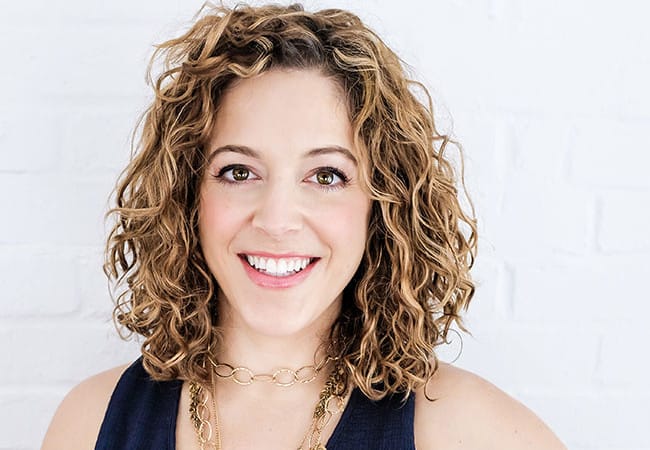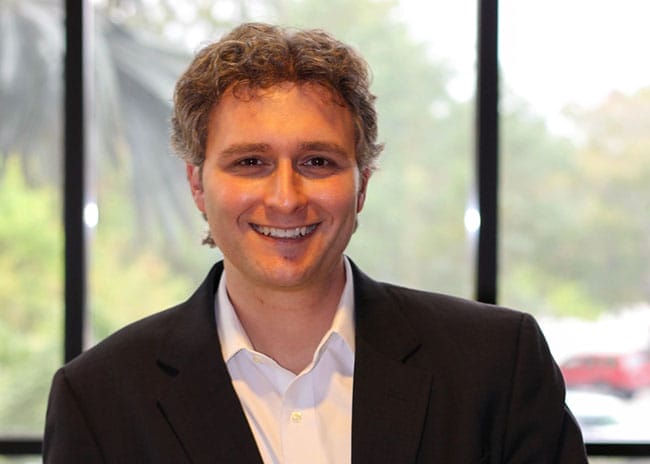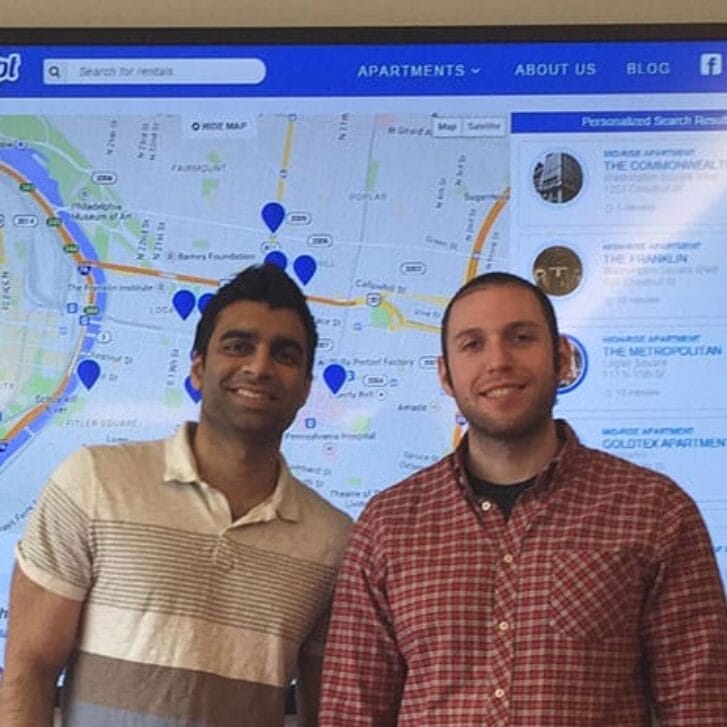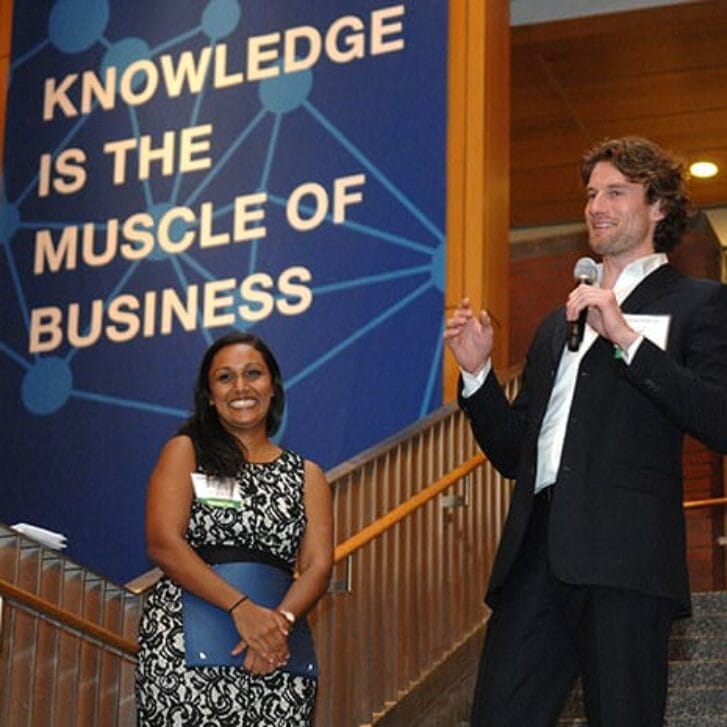Let’s make the educated guess that David Kreiger C99 WG07 went into the Wharton Business Plan Competition (BPC) with a very uncommon strategy: he had no ideas for what his business would be. He just had a blank white board and thought that to build a great company, he didn’t need to come up with a revolutionary new business. He could reshape an old business model in a revolutionary new way.
Perhaps another contestant or two have entered into the Wharton BPC without an existing startup since the student event was founded in 1998. Generally speaking, however, most students use the BPC to test an entrepreneurial pursuit, to refine a business plan they’ve already been working on, to land investment dollars that could take their company from a side project in its infancy into a livelihood worth pursuing full time.
In Kreiger’s case, he confesses he didn’t have a clear-cut plan when he entered the competition in 2005. Entrepreneurship had always compelled him. He hoped BPC would inspire him to the next step. It did—in conjunction with his background in brand management and inside sales management. He survived the gauntlet of the first two rounds and appeared in the Wharton Business Plan Competition Finals in the spring of 2006. He finished in third place, which gave him “a little bit of validation, a little bit of encouragement,” he recalls.
And his company was born: SalesRoads. Close only counts in horseshoes, hand grenades and business plan competitions.
Coincidentally, he also earned a spot in one of the first classes of the Wharton Venture Initiation Program (VIP), an educational incubator program that assists students as they develop businesses. VIP and BPC gave him the validation he needed, as a calculated risk-taker.
“If it weren’t for the BCP or the VIP, I would not have launched SalesRoads,” he said.
He thinks of Wharton Entrepreneurship staff, faculty and fellow students as “almost family” who helped him work through the decisions he faced at MBA Commencement: Should he accept one of his multiple corporate job offers, or go full time with SalesRoads? He chose the latter. His first year he spent in Philadelphia in VIP space. In year two in 2008, when the company appeared to have legs, he and his wife decided to move the business to its current headquarters in Coral Springs, Florida.
Get another competitor’s perspective on the Wharton Business Plan Competition in our video above, “ZenKars and the 2013 Wharton BPC: Student Entrepreneurs Day in the Life.”
Success followed him—the company was listed on the 2014 Inc. 5000 list of the fastest-growing U.S. companies (at No. 1,028)—in part because of the innovative business plan he put together at Wharton. SalesRoads essentially is an inside sales outsourcing firm. Kreiger knew from past professional experience that B2B call centers are tough places to work with high employee turnover. His solution at SalesRoads is to decentralize the call center by allowing sales staff to work from home. This allows call centers to seek top talent from around the country, then attract and retain salespeople who had become disenfranchised by a centralized call center environment.
Kreiger’s eureka moment came at Wharton when he was reading a paper about activity systems by Nicolaj Siggelkow, Wharton’s David M. Knott Professor and co-director of its Mack Institute for Innovation Management. Kreiger realized that by leveraging the power of technology and the Internet, he could have inside sales executives work from their home offices instead of a loud, busy, centralized call center environment. He felt this change would not allow him to create a better way to recruit a more qualified workforce. More importantly, it would enable him to create a series of different activity choices based upon the virtual model and create a sustainable competitive advantage. The foundation of traditional call centers’ strategy is based is on a centralized model. As a result, it would be difficult for them to replicate SalesRoads’ activity system because the tradeoffs would be incompatible with their core strategy.

Jordan Lloyd Bookey
Funny enough, we didn’t first hear about Kreiger because of his SalesRoads success; we heard about him through other entrepreneurs whom he’s helped. First, there was Jordan Lloyd Bookey WG07, co-founder of ZooBean and Wharton 40 Under 40 honoree, who shared her story of how she reached out to Kreiger—essentially cold-called him—for business advice. He provided hours’ worth. Then serial entrepreneur and Wharton entrepreneurship product Alex Furmansky ENG07 W07 told us about how Kreiger connected him with Bookey during Furmansky’s recent participation on the TV reality show Shark Tank. (Bookey was a previous contestant.) Furmansky and Kreiger have known each other since they served in leadership roles in the Wharton Club of South Florida (Kreiger on the board, Furmansky as president). It’s a testament to how much Kreiger gives of himself that Bookey and Furmansky wanted Wharton Magazine to know about him.
These anecdotes are two of certainly many, as Kreiger takes it upon himself to be a connector—and influencer—in the Wharton community. He is a humble guy and doesn’t look at himself as an influencer. It appears to be in his nature. As he says, he is always trying to find ways to help others as a way of building meaningful personal and business relationships. Particular to Wharton, these relationships give the Wharton degree its true power, he says. Wharton was not a two-year transaction for Kreiger; it carries lifetime benefits.
Let’s make the educated guess that many Wharton graduates already know this.
Editor’s note: The Finals for the 2015 Wharton Business Plan Competition just took place this past Friday, May 1. Read the Wharton Entrepreneurship blog post, “Bungalow Insurance Wins Wharton Business Plan Competition Perlman Grand Prize,” for highlights.


























